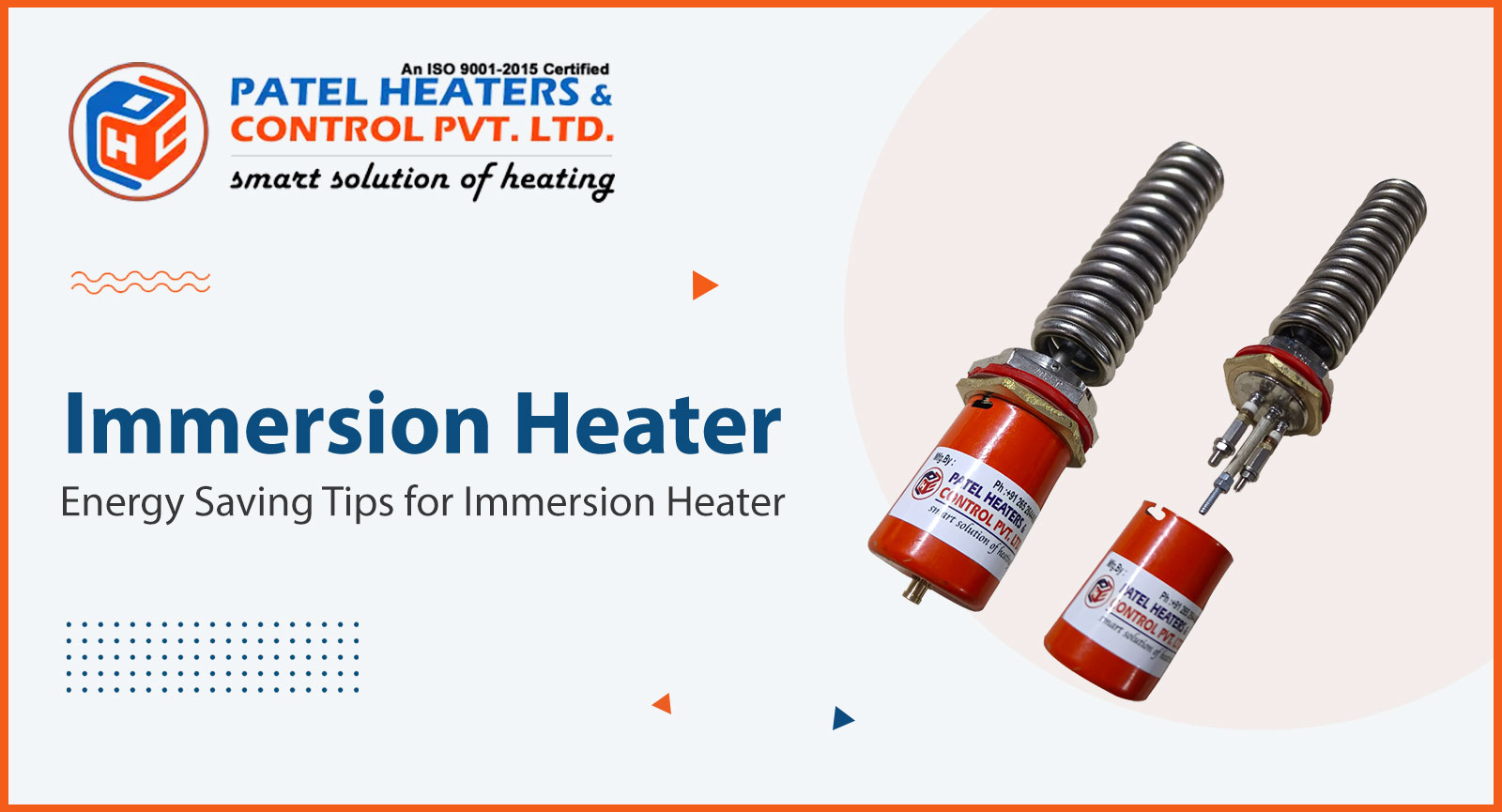Energy Saving Tips for Immersion Heater
Immersion heaters are equipment used to heat water, providing hot water on demand for your home. However, like any other household appliance, they can be energy-intensive if not used properly. Implementing energy-saving practices can reduce your electricity bills and contribute to a greener environment. Let’s know more about Immersion Heater!
Here are some practical tips to help you save energy when using an immersion heater
Insulate Your Hot Water Tank
One of the simplest and most effective ways to save energy is to insulate your hot water tank. A well-insulated tank retains heat longer, reducing the amount of energy required to keep the water hot. You can purchase an insulation jacket specifically designed for hot water tanks. These jackets are easy to fit and can reduce heat loss by up to 75%, significantly lowering your energy consumption.
Use a Timer
Investing in a timer for your immersion heater can lead to substantial energy savings. A timer allows you to set the heater to turn on and off at specific times, ensuring that the heater is only in use when hot water is needed. For instance, you can set the timer to heat water just before you wake up in the morning or return home from work. This avoids the unnecessary energy expenditure of keeping the heater on all day.
Lower the Thermostat Setting
The thermostat on your Water Immersion Heater controls the temperature of the water. By lowering the thermostat setting, you can reduce the amount of energy needed to heat the water. A temperature of 60°C (140°F) is generally sufficient for most household needs and helps prevent the buildup of harmful bacteria like Legionella. Avoid setting the temperature too high, as this not only wastes energy but also increases the risk of scalding.
Regular Maintenance
Over time, sediment and scale can build up inside the tank, reducing the heater’s efficiency. Flushing the tank periodically to remove sediment and having a professional inspect and service the heater annually can help maintain its efficiency and prolong its lifespan.
Switch to Off-Peak Electricity
Many utility companies offer lower electricity rates during off-peak hours, typically at night. You can take advantage of cheaper electricity rates, by scheduling your heater to operate during these times. This can lead to significant savings on your energy bill without compromising your hot water supply.
Install Solar Panels
Consider installing solar panels to power your heater, for a more sustainable approach. Solar energy is a renewable resource that can provide a substantial portion of your household’s electricity needs. While the initial investment can be high, the long-term savings on your energy bills and the positive environmental impact make it a worthwhile consideration.
Use Hot Water Efficiently
Being mindful of your hot water usage can also contribute to energy savings. Simple habits like taking shorter showers, using cold water for laundry, and fixing leaks promptly can reduce the demand for your heater. Additionally, installing low-flow showerheads and faucets can lower hot water consumption without sacrificing water pressure.
Consider Alternative Heating Methods
If your heater is old or inefficient, you might want to consider alternative heating methods. Modern tankless water heaters, for example, provide hot water on demand without storing it in a tank, which can be more energy-efficient. Additionally, heat pump water heaters are another energy-saving alternative that uses electricity to move heat from the air or ground to heat water.
Closing Words
By implementing these energy-saving tips, you can optimize the efficiency of your immersion heater, reduce your energy bills, and minimize your environmental footprint. Whether it’s through insulation, using a timer, or adopting renewable energy sources, every small step contributes to a more sustainable and cost-effective household.
Patel Heaters
Patel Heaters and Control has immense expertise in the manufacturing of Industrial heaters and heating elements. We have been providing heating solutions to our clients since 1982.







